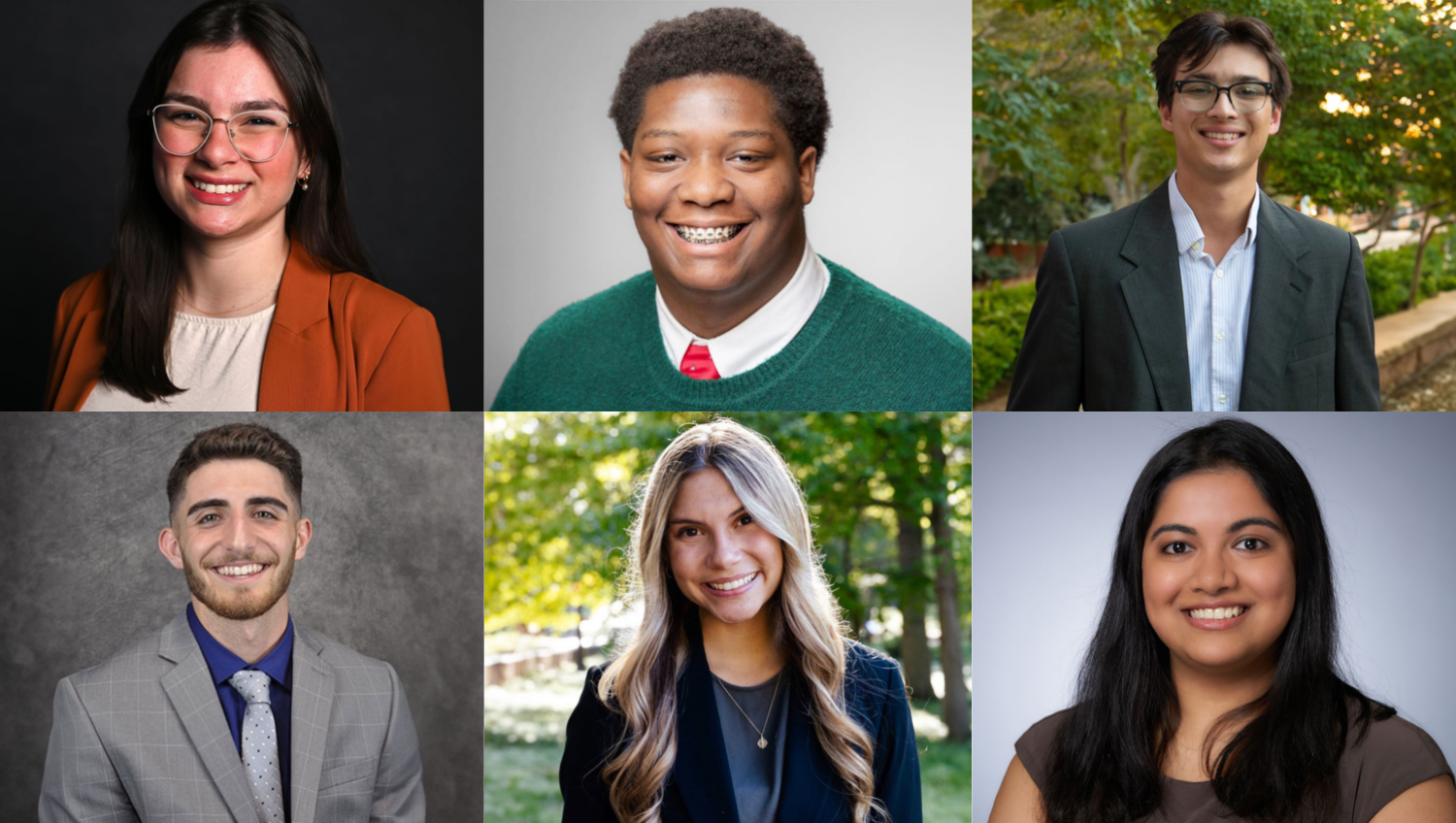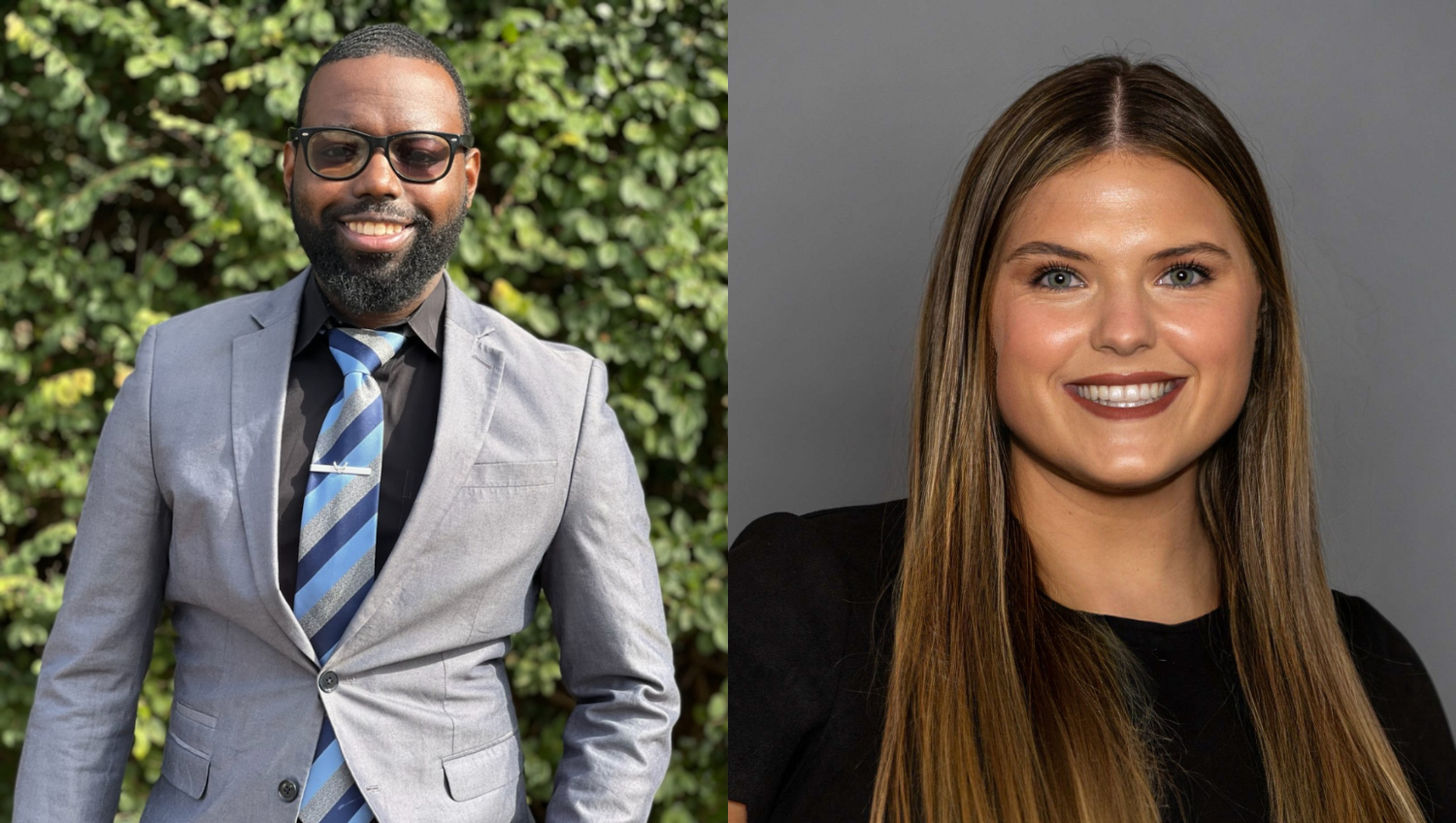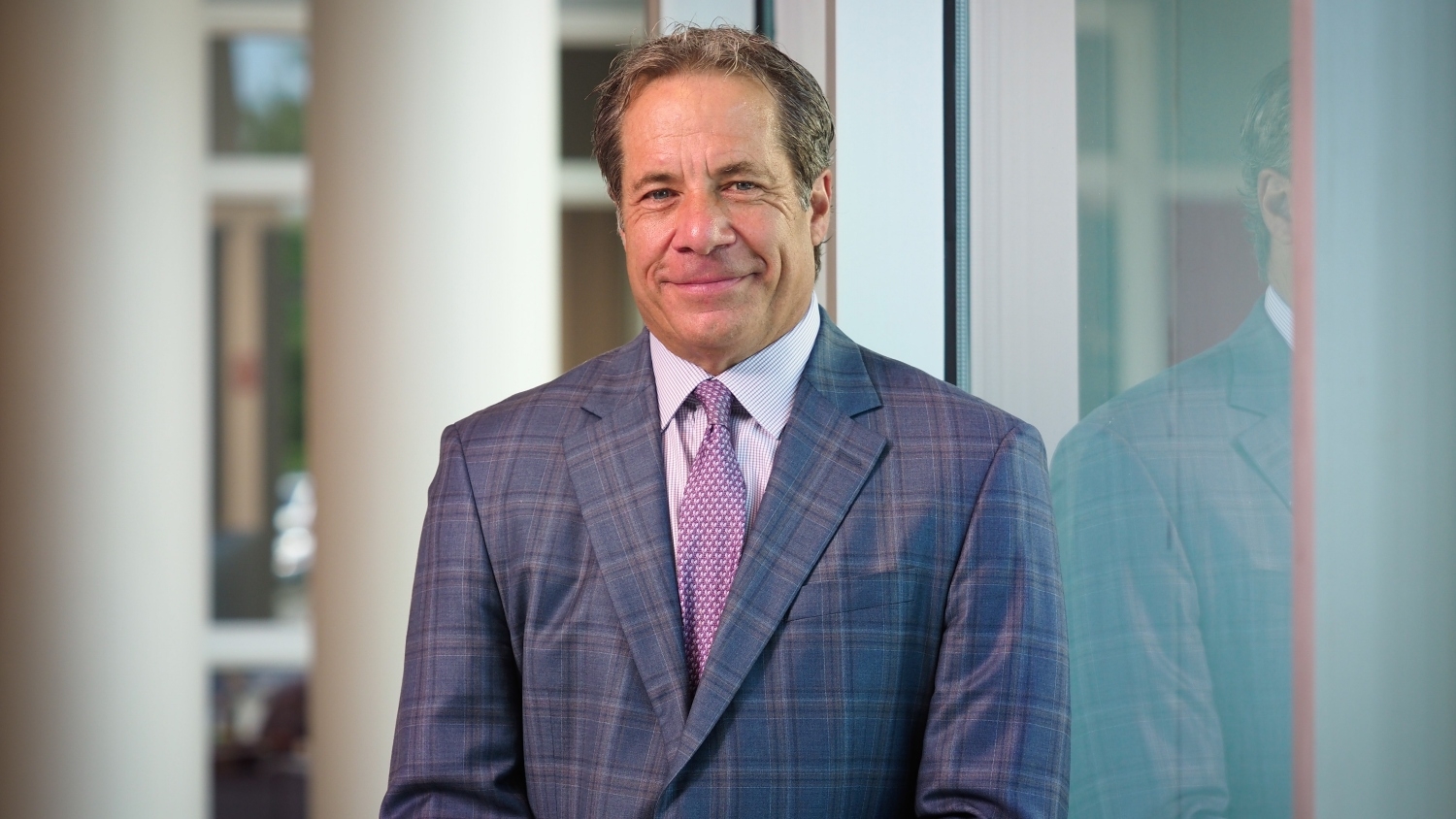Alternative Spring Break Helps Student Define His Future Goals
Andriy Shymonyak, an NC State University sophomore with a double major in business management and political science, is in Ukraine this summer, working on research related to his academic major in political science. He is back in a region he left when he moved to North Carolina with his parents when he was five. Earlier this spring, he was interviewed by Poole College’s communications intern Justin Lee for a story about his Alternative Spring Break (ASB) experience in March 2012.
He told Lee that his participation in the ASB trip affirmed for him a view that he has had about travel and service – that to help and understand another culture, a person cannot simply observe from the outside. He or she has to venture to that place and meet the people who live there.
“Sometimes it is the elderly man who has lived in a town his entire life that knows the best solution,” said Shymonyak, “rather than an educated person from another country that believes because something worked in his or her home country then it should work in other places too.”
That was one of several realizations about language, conservation, culture, and future goals that Shymonyak gained from his week-long experience in Costa Rica in March 2012. The ASB trips, coordinated by NC State’s Center for Student Leadership, Ethics, and Public Service, provide students an opportunity to participate in a service learning project in various locations in the United States and abroad.
Now a sophomore with a double major in business management (undeclared) and political science with a concentration in international politics at NC State, Shymonyak said his experience helped him come to better understand his interests in the environment and further defined his sense of service and what it means for his personal development. He also was able to put his developing Spanish skills to use.
“The environment is an ever-growing international issue and with an intention of pursuing a career in international affairs, it is important that I am able to understand this issue,” he said.
Before deciding to participate in his ASB, Shymonyak attended interest meetings, where he spoke program coordinators who helped him develop a better understanding of the purpose of ASB and how the program’s ideology matched up with his own.
“Ultimately, the ideology of the program and my desire to be part of a program that firmly believes in the importance of service solidified my decision to participate,” Shymonyak said.
He was drawn to the ASB trip in Costa Rica because of its focus on conservation, especially that of the rain forest. Conservation interested Shymonyak because of its influence on a country’s domestic choices and international interaction. During his time in Costa Rica, Shymonyak was able to work with students and farmers in the rural parts of the country, hear their stories, and learn about their passions.
“The two [stories] that helped immerse me in the culture the most both came from the farmer that I had the pleasure of meeting,” said Shymonyak.
The farmer had a large amount of forested land but some portions of it were lacking. He planned to reforest the bare portions of his property in the hopes of seeing the rainforest thrive rather than wither away. The farmer also shared insight on the strained relationship between Costa Rica and Nicaragua, including the illegal movement of people from Nicaragua to Costa Rica in search of jobs.
“Hearing him tell these two stories helped me to develop a better understanding of what it is like to live in Costa Rica – from the love of the environment to the political issues facing the state,” Shymonyak said.
After the trip, Shymonyak said he realized that his interest in the environment reached beyond climate change and energy, which had been the extent of his interest previously. Biodiversity and conservation are important to a full understanding of the environment, he said, as the environment is becoming a bigger international issue and the ability to understand the various aspects of it will become more important.
Shymonyak’s interest in environment conservation also led him to take on a variety of courses pertaining to either the environment or to international relations during the rest of his undergraduate career at N.C. State. However, the biggest realization concerned helping others.
“I realized that regardless of what I end up doing, I want service to be a part of it,” Shymonyak said.
Proficiency in the Spanish language is another of Shymonyak’s prerogatives. Interactions with the farmer helped Shymonyak realize that he wanted to increase his fluency in Spanish, so that he could understand each word being said, rather than just have a general understanding of the sentence.
“Being able to speak the native language of the individual with whom you are having a conversation allows you to make a much stronger connection with that person,” Shymonyak said.
Looking ahead, Shymonyak said his Costa Rican experience will help serve as a foundation for two changes he’d like to make in the world. He said he’d like to help build better relationships between countries so that there can be an increased amount of communication and cooperation between nations especially during times of trouble – whether the trouble be due to natural disasters, military conflict or something else.
The other relates t his specific interests in Eastern Europe. “I want to help move the region forward in terms of economic, social and political development,” Shymonyak said.
Participation in ASB helped Shymonyak come to many realizations about language, conservation, culture, and future goals. But the most notable was the trip’s reaffirmation of a previous view he had on travel and that of service – that to help and understand another culture, a person cannot simply observe from the outside. He or she has to venture to that place and meet the people who live there.
“Sometimes it is the elderly man who has lived in a town his entire life that knows the best solution,” said Shymonyak, “rather than an educated person from another country that believes because something worked in his or her home country then it should work in other places too.”
Shymonyak grew up in Raleigh, North Carolina, where his parents Vasyl and Svitlana Shymonyak currently reside.
Photos
Left image: Andriy Shymonyak (second from left) with ASB participants Dustin Wicker (left), Adam Rodgers, and the farmer they assisted during the Alternative Spring Break. Right image: Shymonyak as he helps the farmer plant coffee seedlings.
Related stories
Alternative Spring Break: An Opportunity to Build Homes and Communications
Lauren Rakes Applies Healthcare Experience to Service in Guatemala
Alternative Spring Break Breaks Understanding through Cultural Immersion


